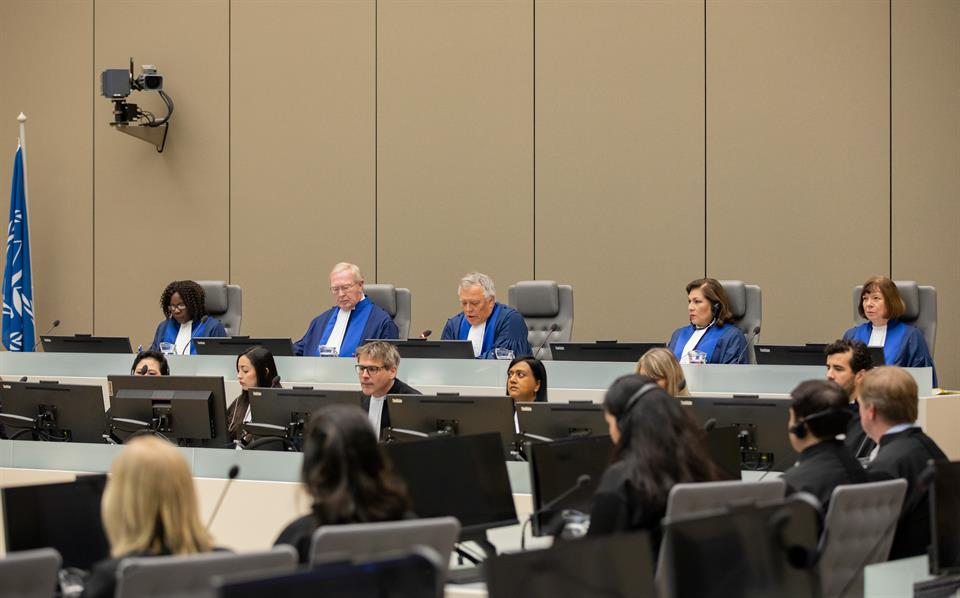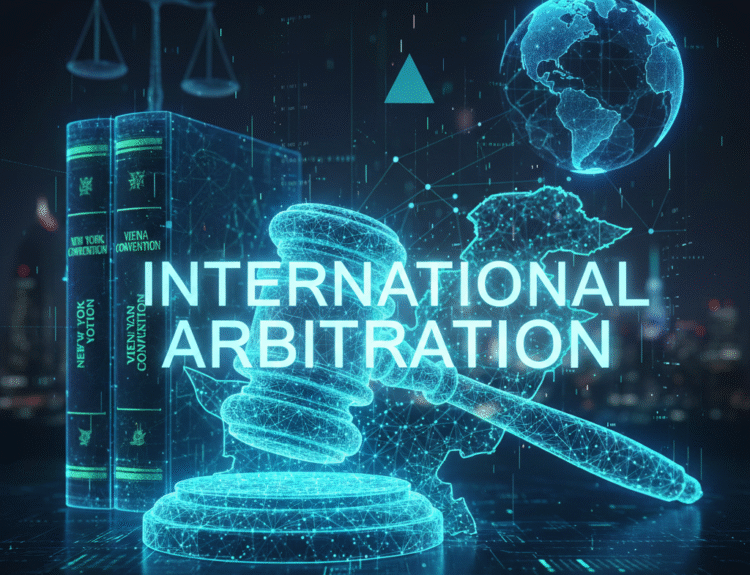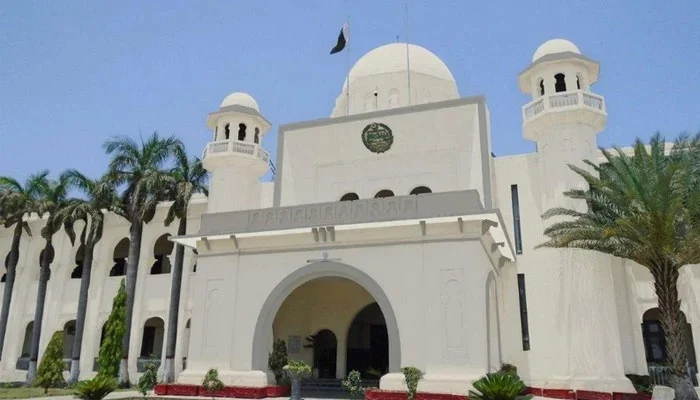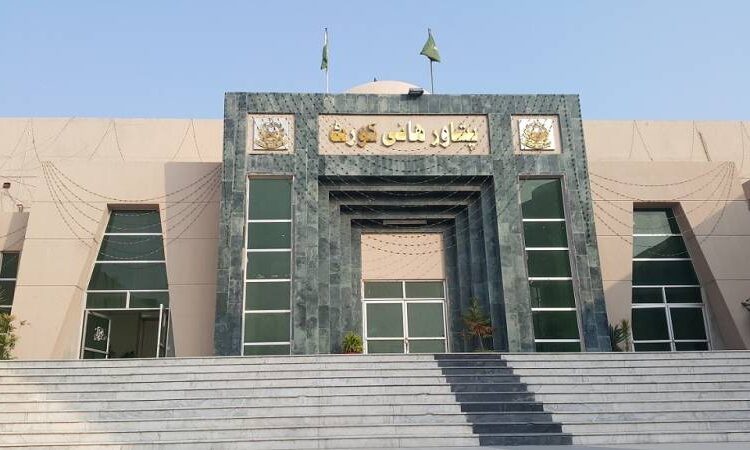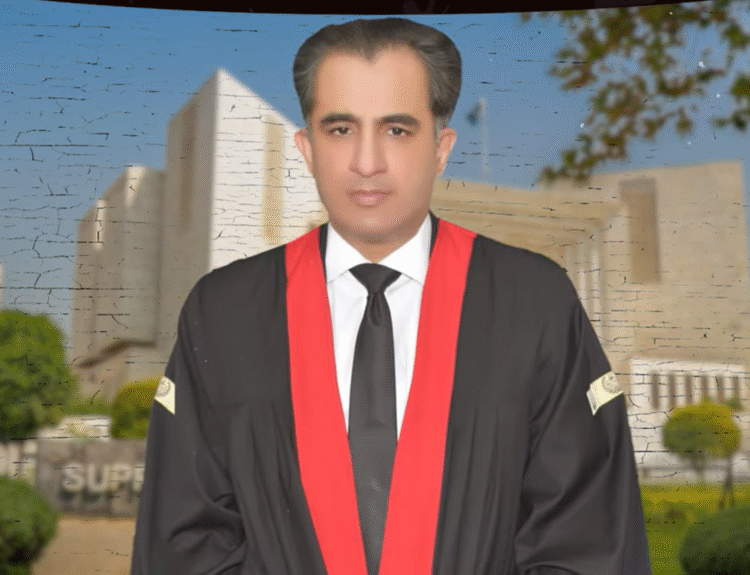Khudayar Mohla-
While accepting appeal for probe into alleged crimes committed in the war-torn nation, the International Criminal Court has authorized Prosecutor Fatou Bensouda to commence an investigation into war crimes and crime against humanity in Afghanistan and beyond its border linked to Afghan, Taliban and US troops since May 1, 2003.
It has been reported that after the decision Afghan, Taliban and US forces are in spotlight as specifically, Ms. Bensouda will be seeking to investigate crimes against humanity and war crimes by the Taliban and their affiliated Haqqani Network; war crimes by the Afghan National Security Forces (ANSF) and in particular, members of the National Directorate for Security (NDS) and the Afghan National Police (ANP).
Besides, in a statement, U.S. Secretary of State Michael Pompeo termed the court’s decision “a truly breathtaking action by an unaccountable political institution, masquerading as a legal body”, adding that it “is all the more reckless” as it came just days after the signing of a “historic peace deal” between Washington and the Taliban.
Mr. Pompeo further said, “This is yet another reminder of what happens when multilateral bodies lack oversight and responsible leadership and become instead a vehicle for political vendettas. The ICC has today stumbled into a sorry affirmation of every denunciation made by its harshest critics over the past three decades”.
UN News stated that the ICC Prosecutor is set to probe alleged war crimes by U.S. military personnel in Afghanistan and by members of the Central Intelligence Agency (CIA) in “secret detention facilities” in Afghanistan “and on the territory of other States Parties to the Rome Statute, principally in the period of 2003-2004”.
Afghanistan is one of the State parties to the Rome Statute – the 1998 international agreement that led to formation of the International Criminal Court provides that if there are plausible claims, prosecutors may be authorized to proceed with investigation over war crimes in a member State.
Invoking jurisdiction of the Pre-Trial Chamber of the court in November 2017, the ICC Prosecutor Fatou Bensouda sought authorization to investigate alleged abuses committed in Afghanistan since 1 May 2003 and other alleged crimes since 1 July 2002, which were committed by States Parties to the Rome Statute.
She contended that there is a reasonable basis to believe that crimes including murder, imprisonment or other severe deprivation of physical liberty, persecution against an identifiable group or collectivity on political and gender grounds taken place in Afghanistan have been committed. The Prosecutor further pointed out grave crimes and absence of relevant national proceedings against those who appear to be most responsible for the most serious crimes.
Substantiating her claim, the Prosecutor also argued that war crimes have been committed including murder, cruel treatment and torture, outrages upon personal dignity, in particular humiliating and degrading treatment, intentionally directing attacks against civilians, intentionally directing attacks against personnel or objects involved in a humanitarian assistance or peacekeeping mission, intentionally directing attacks against protected objects, rape and other forms of sexual violence, using, conscripting or enlisting children under the age of fifteen years, and killing or wounding treacherously a combatant adversary.
However, the Pre-Trial Chamber turned down her request on April 12, 2019. saying the commencement of an investigation in the matter would not serve the interest of justice.
The Prosecutor filed appeal against the decision before Appeals Chamber of the ICC who decided unanimously to authorize the Fatou Bensouda Prosecutor on March 5, 2020. to commence an investigation into alleged crimes under the jurisdiction of the Court in relation to the situation in the Islamic Republic of Afghanistan.
The Appeal Chamber said in its decision that having considered the Prosecutor’s grounds of appeal against the Pre-Trial Chamber’s decision, as well as the observations and submissions of the Islamic Republic of Afghanistan, representatives of victims and other participants, it found that the Pre-Trial Chamber erred in considering the ‘interests of justice factor’ when examining the Prosecutor’s request for authorization to open an investigation.
Concluding a 35-page judgment in the matter, President Judge Piotr Hofmański of five member of the Appeal Chamber including Judge Howard Morrison, Judge Luz del Carmen Ibáñez Carranza, Judge Solomy Balungi Bossa and Judge Kimberly Prost ruled,
“ In sum, the Appeals Chamber considers it appropriate to amend the Impugned Decision to the effect that the Prosecutor is authorized to commence an investigation ‘in relation to alleged crimes committed on the territory of Afghanistan in the period since 1 May 2003, as well as other alleged crimes that have a nexus to the armed conflict in Afghanistan and are sufficiently linked to the situation and were committed on the territory of other States Parties in the period since 1 July 2002”.
